Netflix’s ‘Supacell’ follows five young South Londoners who inadvertently obtain distinct superpowers. Led by Michael Lasaki (Tosin Cole), who aims to rescue his love interest, the heroes join hands to take on otherworldly forces posing a threat to their city. Created by Andrew Onwubolu, also known as Rapman, the sci-fi show stands out in the genre with its unique blend of action and surrealist drama. Rapman, who grew up in the city himself, expertly moves the plot forward with subtle references to the lives of the Black community living in South London and the challenges they encounter in their day-to-day lives. For fans who enjoy such a stance on real-world issues amidst fantastical action-packed settings, here are 10 superhero shows similar to ‘Supacell’ that you can watch.
10. Raising Dion (2019-2022)
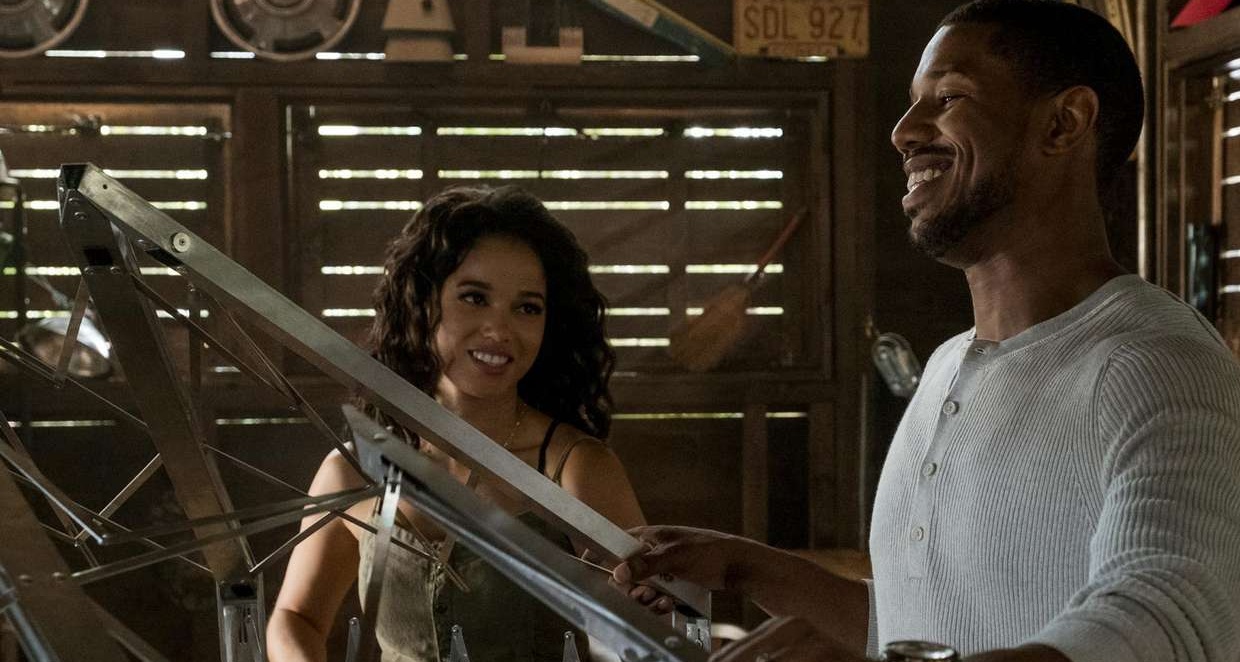
‘Raising Dion‘ is a superhero drama that leans more on familial bonds than extraordinary powers. Created by Carol Barbee and based on Dennis Liu’s comic book and short film, it centers around Nicole Warren (Alisha Wainwright), a widowed mother who discovers that her young son, Dion, has gained superpowers. As she struggles to keep Dion’s powers a secret, Nicole seeks the help of biotech engineer Pat Rollins (Jason Ritter).
The series sees the trio tackling threats on their lives while discovering the hidden truths about Nicole’s late husband, Mark (Michael B. Jordan). ‘Raising Dion’ stands out for its central mother-son relationship and its deep dive into social commentary, much like Rapman’s series. The two Netflix shows are not just about the superpowers but also address themes of identity, focusing on the Black community and showing the personal struggles behind the heroes.
9. Charmed (2018-2022)
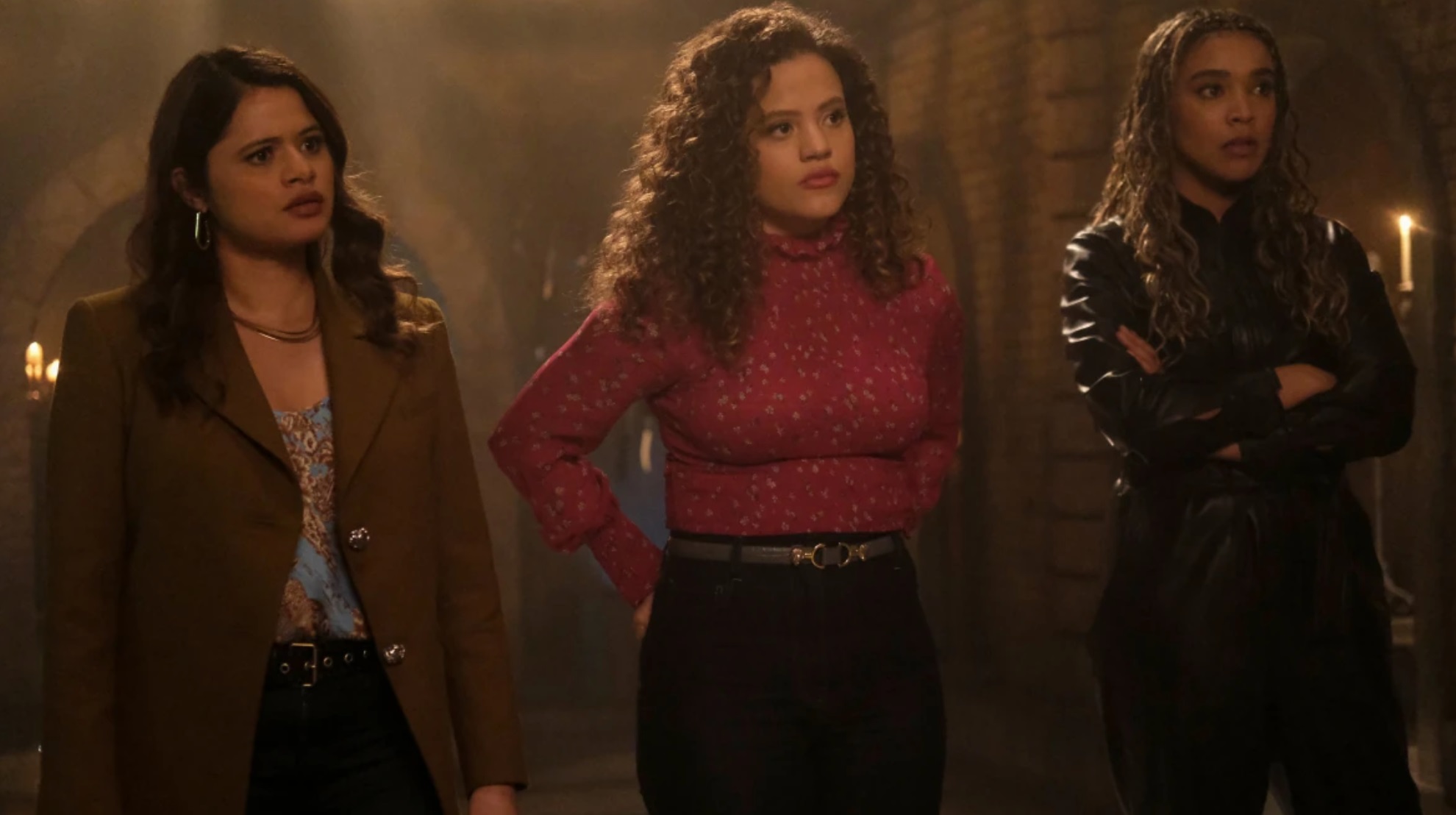
While Constance M. Burge’s original ‘Charmed’ is considered a classic, this The CW reboot pushes its boundaries through a modern lens, retaining its fantastical charm. Developed by Jennie Snyder Urman, Jessica O’Toole, and Amy Rardin, this reimagining follows three sisters, Macy, Mel, and Maggie, as they discover they are powerful witches destined to protect the world from dark forces. Each sister possesses unique abilities, and together they combat supernatural threats while balancing their personal lives.
Building upon the original, ‘Charmed’ thrives in empathizing with the sisterhood and resilience of its superhuman protagonists, much like the characterization seen in ‘Supacell.’ The witchcraft show’s attempts to diversify the casting with the addition of Black and lesbian characters who were absent from the original echo the themes of feminism, inclusivity, and empowerment. ‘Charmed’ also does not fail to highlight the societal scrutiny these characters might face, fittingly matching with the everyday struggles portrayed in ‘Supacell.’
8. Sense8 (2015-2018)
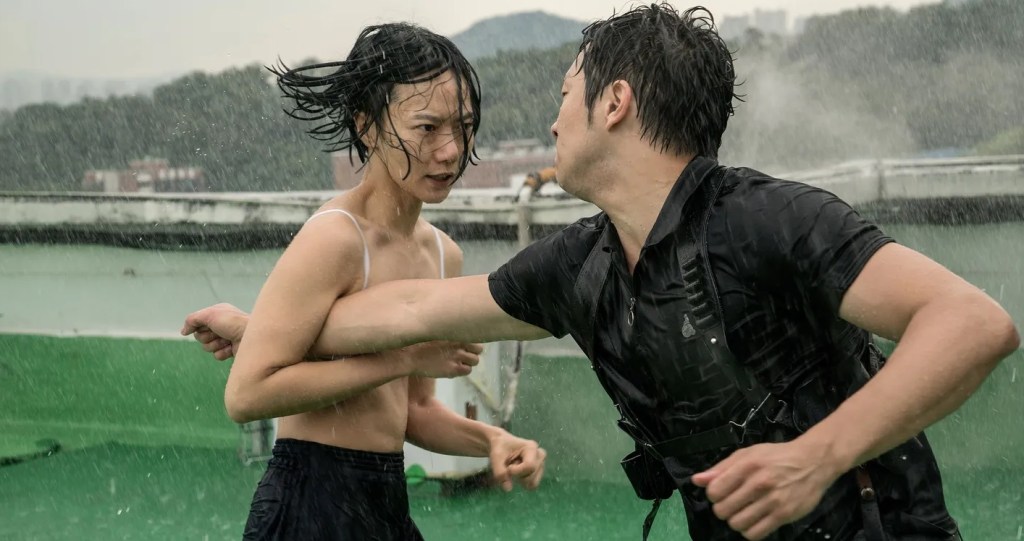
Created by The Wachowski sisters (‘The Matrix’) and J. Michael Straczynski, this Netflix sci-fi series explores the interconnected lives of eight strangers from different parts of the world. These individuals suddenly become mentally and emotionally linked, sharing each other’s skills and experiences while attempting to discover the reasons behind the phenomenon. As they come to terms with their new reality, they must also evade a secretive organization hunting them down.
Among the earliest original hits the streaming giant has produced, ‘Sense8’ is celebrated for its diversity and exploration of themes like identity and love, all of which are echoed in ‘Supacell.’ Similar to the latter, Wachowskis’ direction takes a route that puts diversity before external obstacles, letting the plot manifest a thought-provoking, character-driven narrative.
7. The 100 (2014-2020)
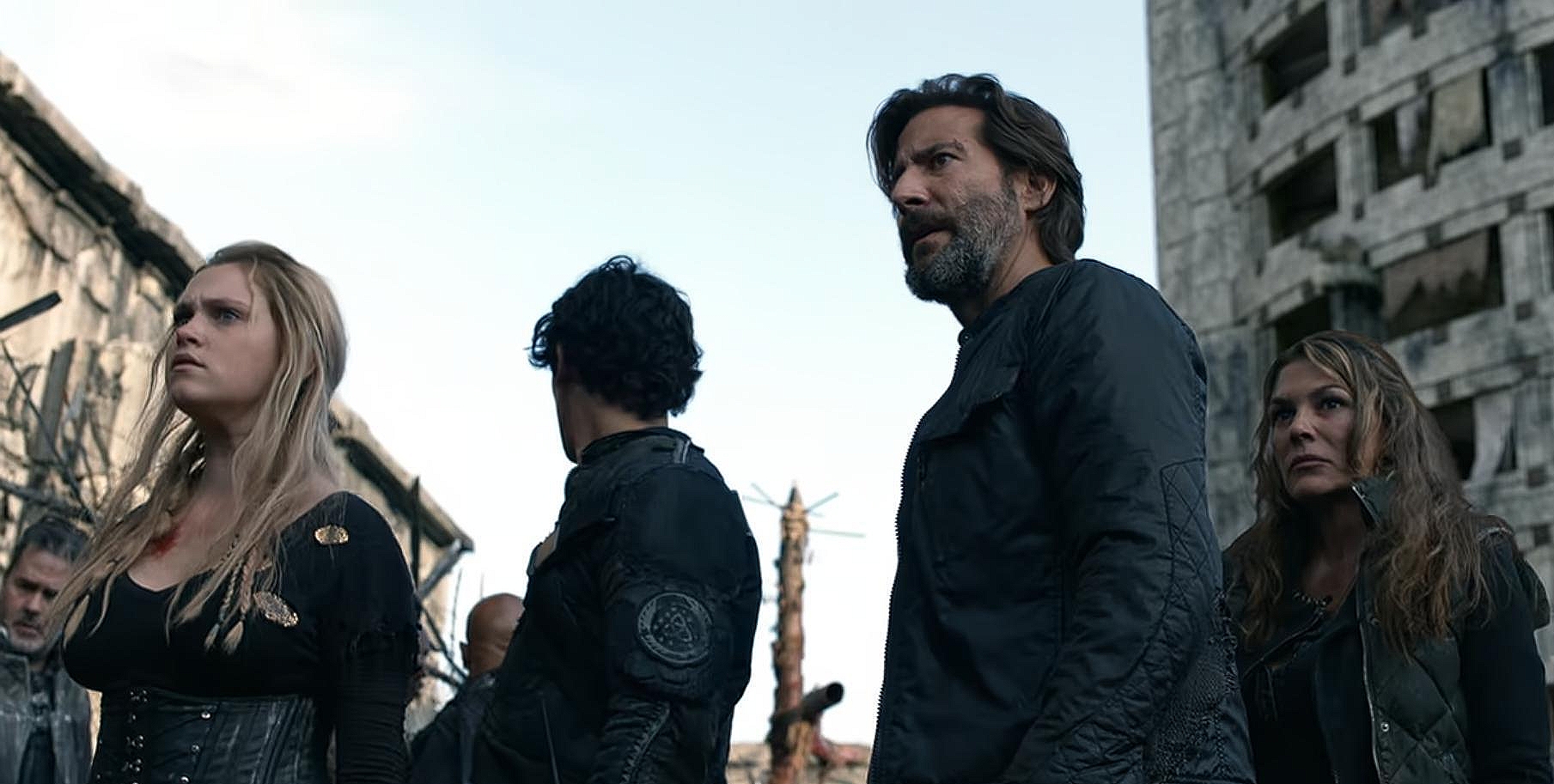
Developed by Jason Rothenberg from Kass Morgan’s book series of the same name, ‘The 100’ is a post-apocalyptic drama that revolves around a group of juvenile delinquents. Sent back to Earth to determine if it is habitable after a nuclear apocalypse, the heroes, led by Clarke Griffin (Eliza Taylor), face various threats from the harsh environment. ‘The 100′ explores themes of leadership, morality, and the complexities of human nature in extreme situations while uncovering the unknown.
Much like Supacell,’ ‘The 100’ combines intense action with a focus on character development and social dynamics. The latter is also known for its bold take on real-world subjects, while the character of Clarke—one of the earliest bisexual protagonists on television—boasts a strong fan following. Its elements of overcoming such internal issues and showing resilience against a radically conservative society are also reminiscent of the Netflix show.
6. Cloak & Dagger (2018-2019)
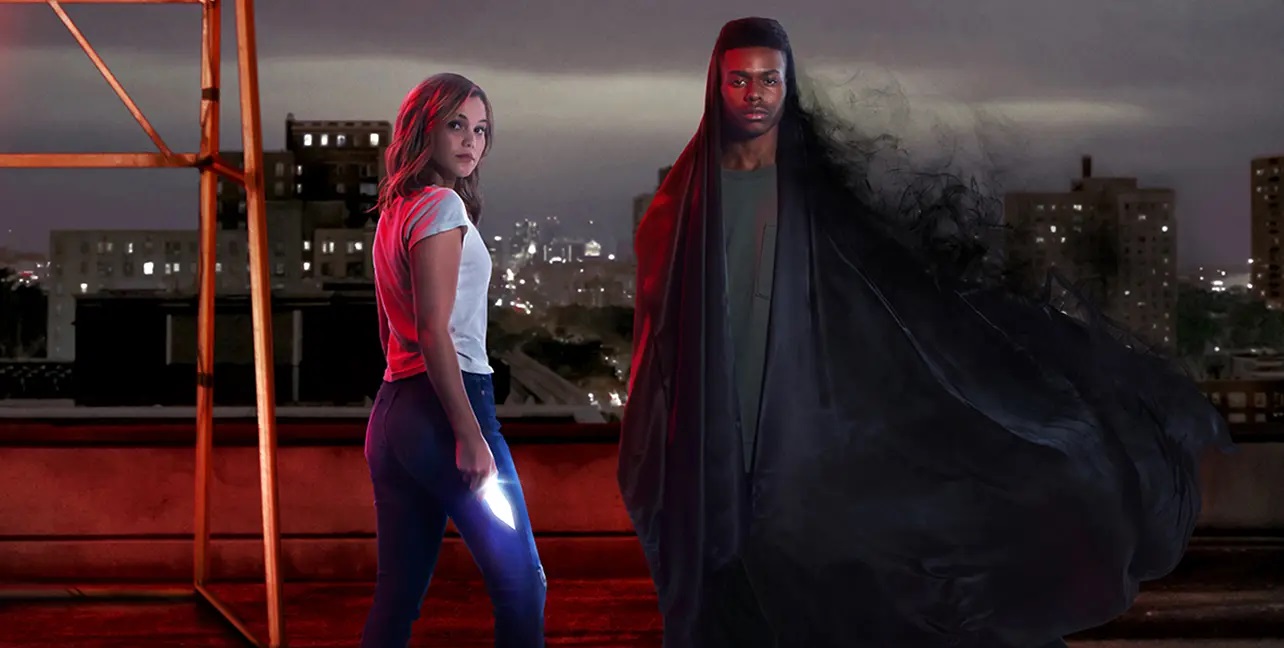
Set in the Marvel Cinematic Universe, this television installment from the rich franchise follows the story of two teenagers, Tandy Bowen and Tyrone Johnson, who gain mysteriously interconnected superpowers. The story revolves around their discovery of their strengths, how they are more powerful when working together, and their struggle to understand their feelings for each other and their new abilities.
Created by writer Joe Pokaski and based on the Marvel Comics series ‘Cloak and Dagger’ by Bill Mantlo and Ed Hannigan, the show features Olivia Holt and Aubrey Joseph in the lead roles. The MCU show often tackles social justice, trauma, and the challenges young people face in difficult circumstances, paralleling the topics explored in ‘Supacell.’ Both superhero dramas focus on characters who must locate the sources behind their abilities while learning to utilize them to avert real-world problems.
5. Gen V (2023-)
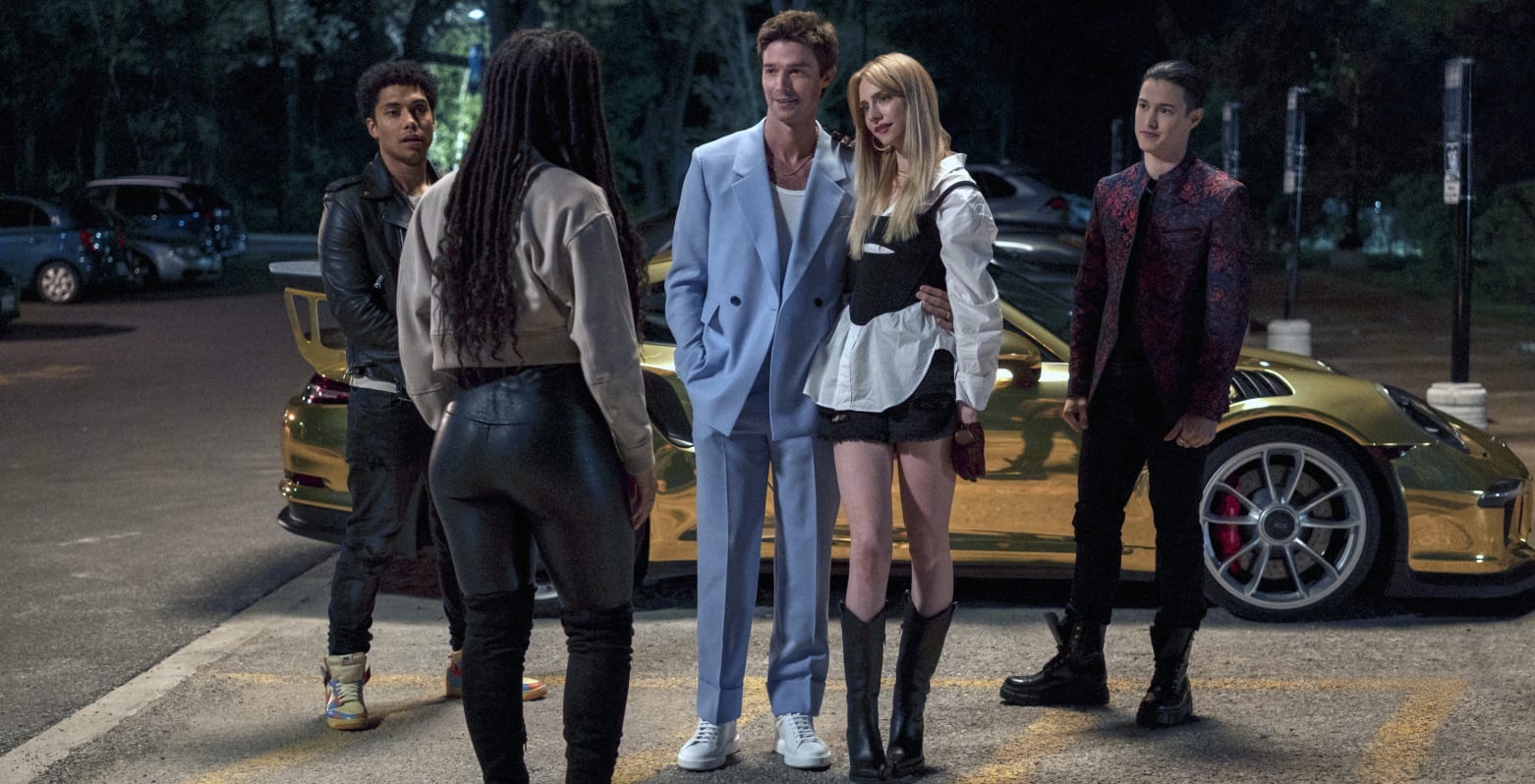
A spin-off of ‘The Boys‘, ‘Gen V’ is set in the same continuity, taking from the pages of writer Garth Ennis and illustrator Darick Robertson’s graphic novel, ‘We Gotta Go Now.’ The black comedy adapts the lives of a young group of superhero characters who attend a prestigious college run by Vought International. Developed for Prime Video by Craig Rosenberg, Evan Goldberg, and Eric Kripke, the spin-off explores the dark side of heroism and the pressures faced by these students. ‘Gen V‘ shares the gritty, satirical tone of the parent show while introducing fresh, youthful perspectives, like ‘Supacell.’ The similarities with Rapman’s series become more visible with its intersection of superpowers and societal issues, providing a layered narrative that goes beyond typical superhero fare.
4. The Power (2023-)
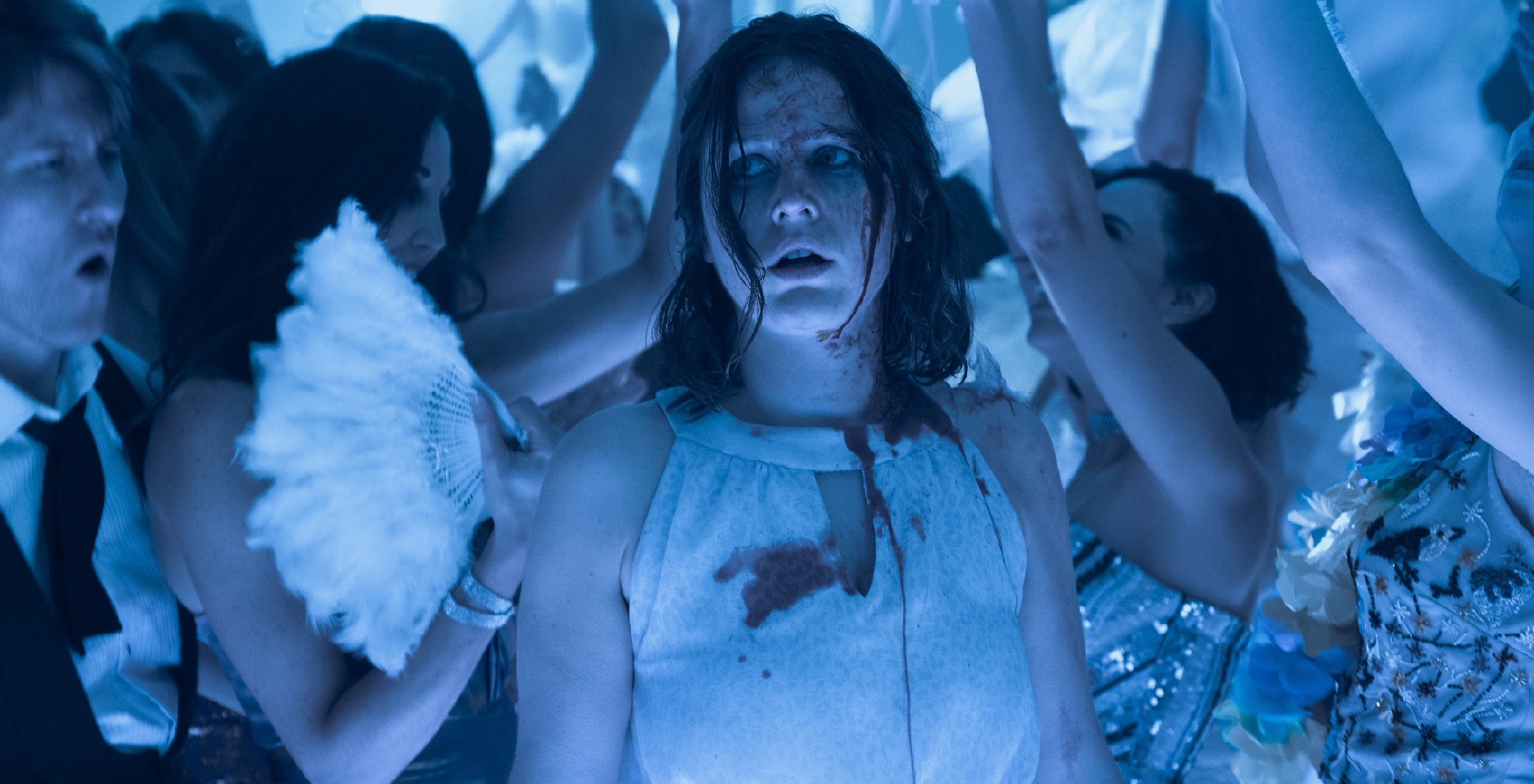
Based on Naomi Alderman’s eponymous novel, ‘The Power’ follows a world where teenage girls suddenly develop the ability to generate electric shocks at will. This newfound power disrupts societal norms and shifts the balance of power globally. Developed by Alderman, Raelle Tucker, Claire Wilson, and Sarah Quintrell, the Prime Video series brings to life a utopian future imagining how such extraordinary changes would shatter the conventional tactics of politics, religion, and human relationships.
‘The Power’ delves into themes of empowerment, gender dynamics, and societal transformation, similar to the social commentary present in ‘Supacell.’ Both shows stretch the boundaries of textbook sci-fi genre tropes, exploring how superhuman abilities can influence and challenge even the strongest of power structures. It also combines speculative fiction with deep character studies, bringing a much-needed blend of social issues and supernatural elements.
3. 3% (2016-2020)

The first Portuguese venture by Netflix, ‘3%’ is set in a future where society is divided into the impoverished Inland and the affluent Offshore. Every year, 20-year-olds from the Inland compete in a series of deadly tests known as “The Process” to earn a place in Offshore. The post-apocalyptic series features a number of characters partaking in these challenges and questioning the crooked morality of the system. Created by Pedro Aguilera, ‘3%’ tackles some of the most familiar dystopian elements, such as inequality, survival, socioeconomic discrimination, and systemic injustice.
Mirroring the present-day world of ‘Supacell,’ it explores the lives of characters who rise amidst oppressive environments and strive for a better future. Both series combine intense drama with social commentary, offering viewers a thought-provoking narrative that goes beyond simple entertainment. The proximity of its characters’ emotional and psychological hurdles to real-world issues makes ‘3%‘ an excellent choice for fans of the socio-political undertones in ‘Supacell.’
2. Doom Patrol (2019-2023)
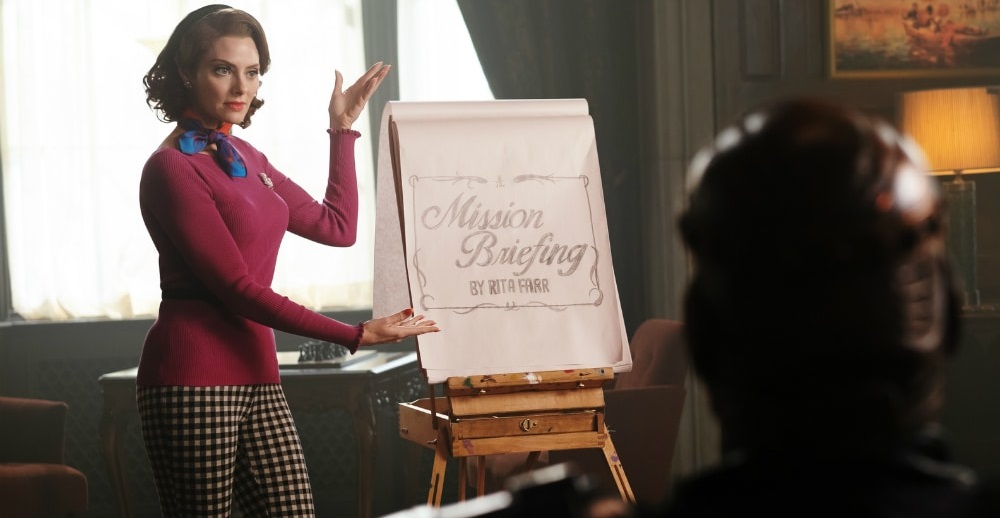
‘Doom Patrol‘ is an underrated television adaptation of the eponymous DC Comics team, created by Arnold Drake, Bob Haney, and Bruno Premiani. The Max show follows a group of misfit heroes, including Robotman (Brendan Fraser), Negative Man (Matt Bomer), Elasti-Woman (April Bowlby), and Crazy Jane (Diane Guerrero), who gain their powers through tragic circumstances. Led by Dr. Niles Caulder (Timothy Dalton), they band together to investigate and protect the world from bizarre and dangerous threats.
Developed for television by Jeremy Carver, ‘Doom Patrol’ extensively utilizes veteran comic writer Grant Morrison’s run on the series to deliver its quirky, character-driven storytelling. The plot also doesn’t shy away from momentous sequences about trauma and redemption. Much like the narration in ‘Supacell,’ the emotional struggles of the Doom Patrol members take the front seat, driving their special powers around. Moreover, both series highlight the importance of unity and overcoming internal demons.
1. The Umbrella Academy (2019-2024)
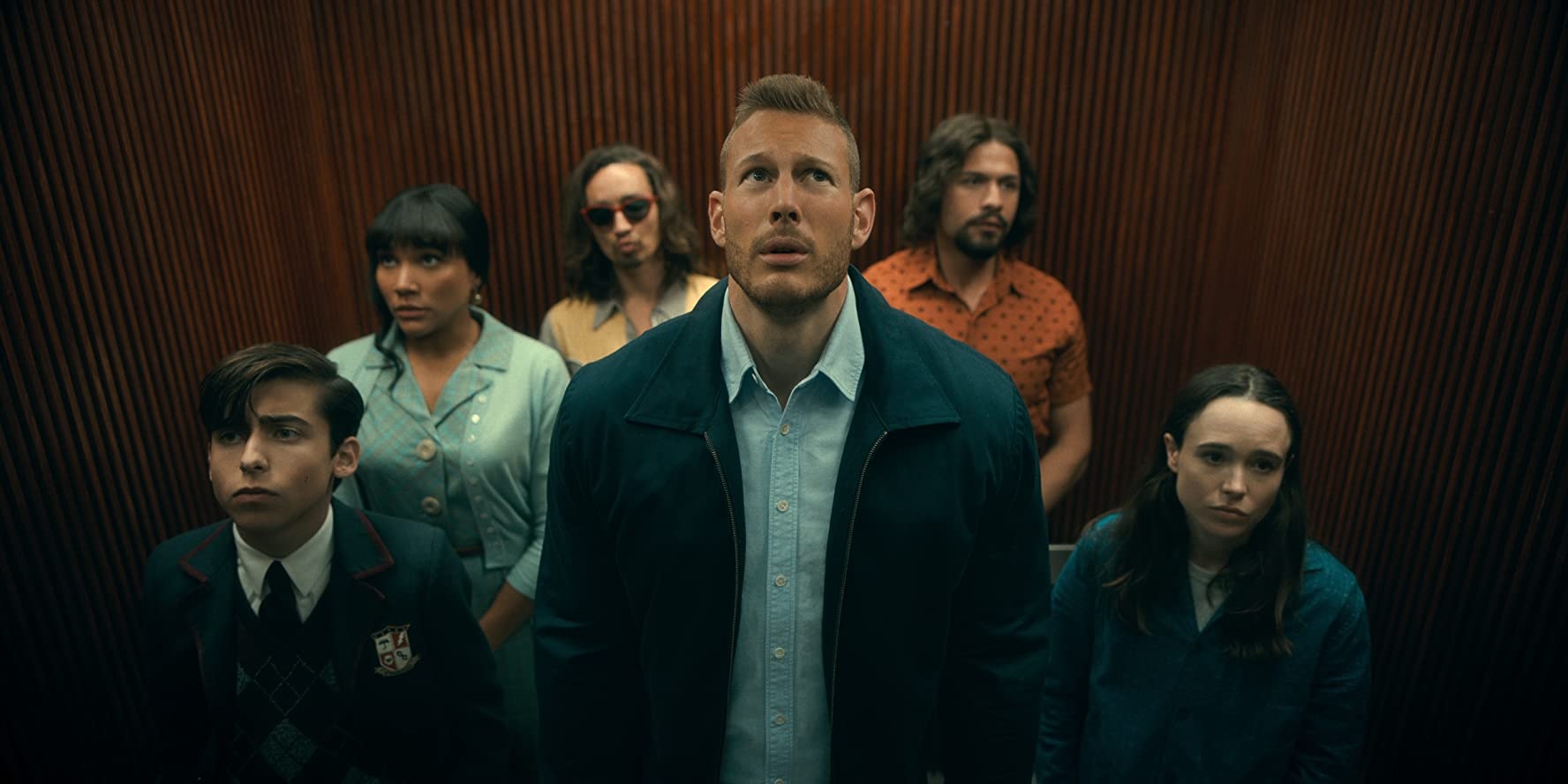
Among the first streaming ventures to deliver comedy in a world that has no shortage of superheroes, ‘The Umbrella Academy‘ adapts the eponymous comic series by the writer-illustrator team of Gerard Way and Gabriel Bá. Steve Blackman’s Netflix adaptation follows a dysfunctional family of adopted sibling superheroes as they reunite to solve the mystery behind the death of their billionaire father and prevent an approaching apocalypse.
The series stars Elliot Page, Tom Hopper, and David Castañeda, all of whom embody complex on-screen personas with superhuman abilities and troubled pasts. Not dissimilar to ‘Supacell,’ ‘The Umbrella Academy’ combines fantastical elements with deep, personal stories, offering a rich character-driven narrative that goes beyond typical superhero tropes. Both series focus on strong character development, highlighting relationship and family dynamics and the impact of extraordinary powers on everyday life.
Read More: Where is Supacell Shot?

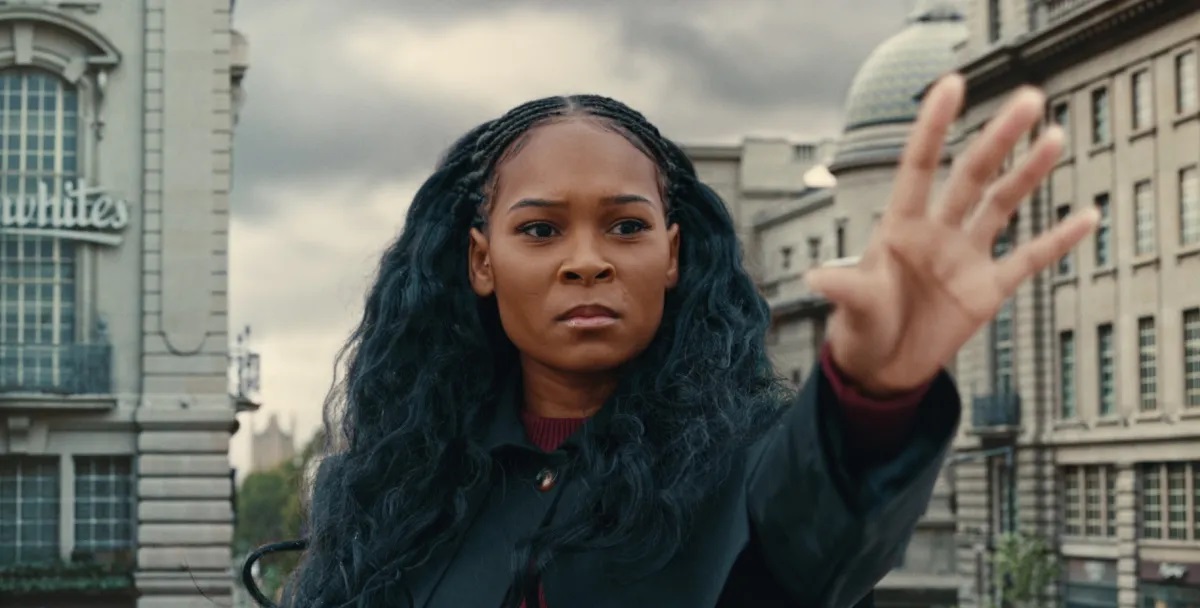
You must be logged in to post a comment.